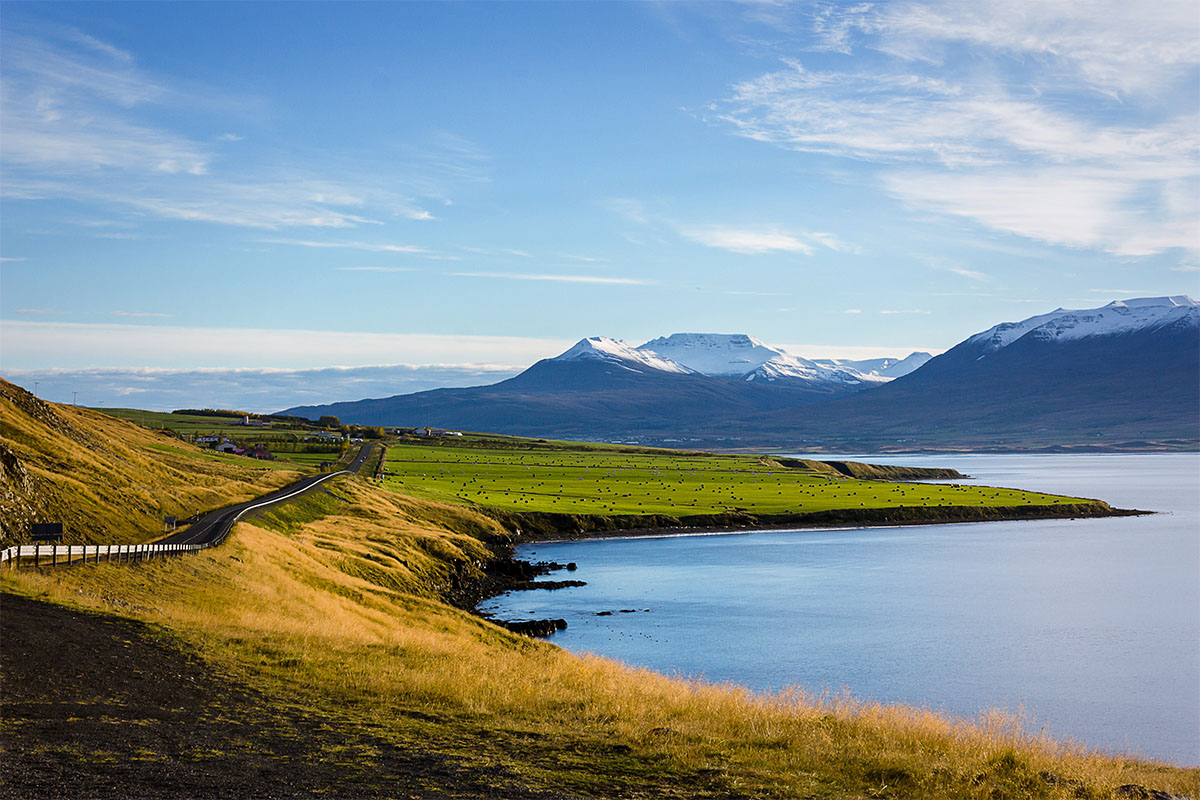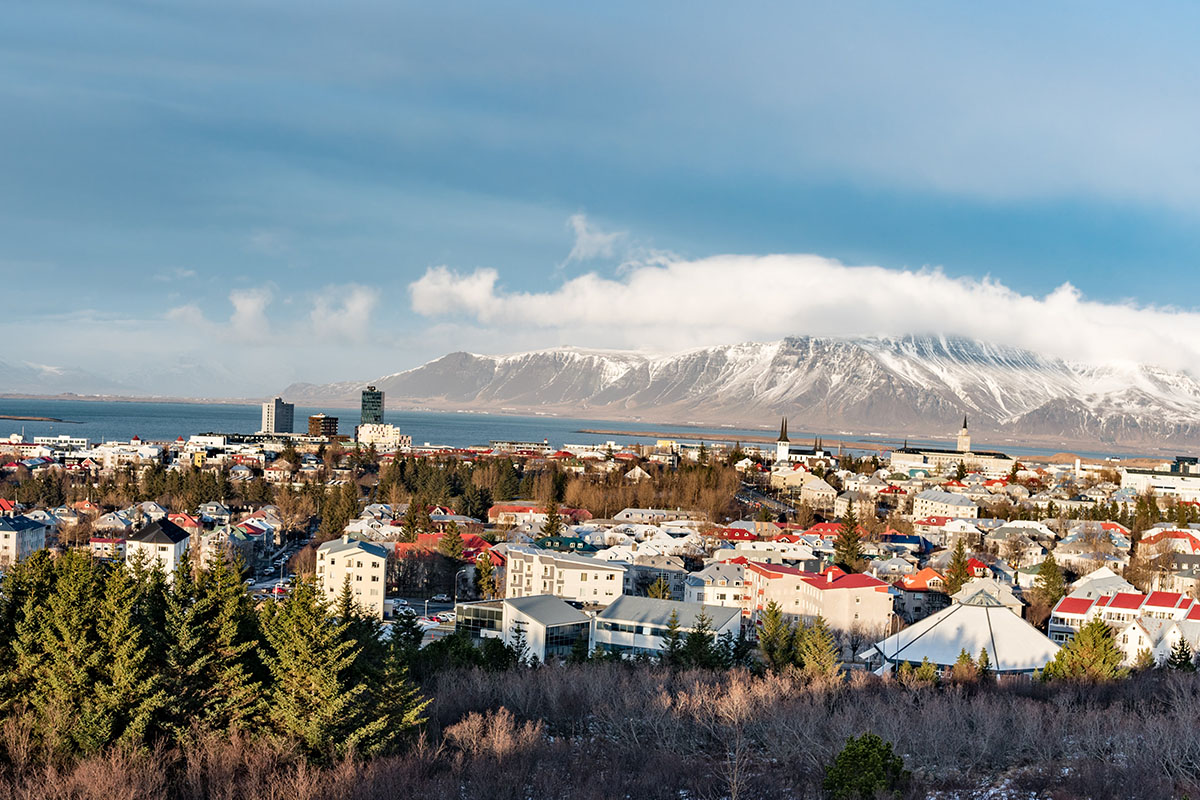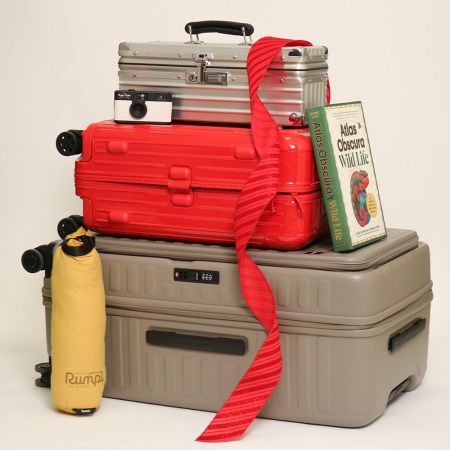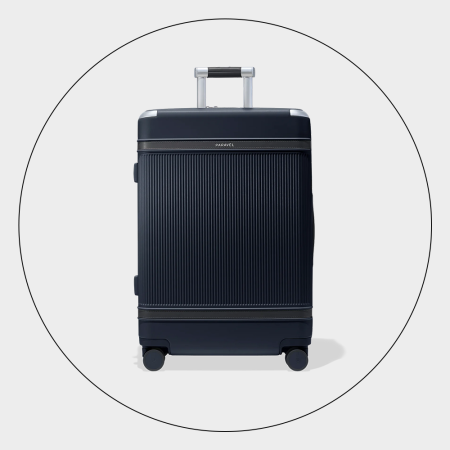A couple weeks ago, Work In Iceland — a collaborative effort between The Federation of Icelandic Industries and the Iceland Ministry of Industries and Innovation — announced some big-time visa changes for remote workers.
Under a newly signed amendment, foreign nationals (people from eligible nations outside the European Schengen Area, including the United States) would be eligible for a long-term visa that allows them and their families to stay in Iceland for up to six months. All that interested individuals would need to do is demonstrate an employment relationship with a foreign company, or verify self-employment in the country where they have a permanent residence.
For many, this was seen as an important addition to the globe’s growing list of “digital nomad visas.” In the COVID era, working from another country is no longer just a point of interest for floating, gig economy vets. Anybody with a laptop and a bit of wanderlust (or a sore case of cabin fever), can now try to work for six months to a year on a Caribbean island like Bermuda, Barbados or in an Eastern European nation like Estonia or Georgia.

But there is some important fine print to consider before applying to Iceland’s program: you have to make at least $7,360 a month (equivalent to 1 million Icelandic krona), and a total of $88,000 per year. That’s a far cry from Bermuda’s $263 application fee, for a year of living in paradise. If you don’t make that much money, or alternatively, don’t meet certain health insurance requirements, you’re out of luck. For those that do, though, it’s an astonishing perk — you can enter Iceland in the middle of a pandemic (when the rest of your compatriots are shut out), and work there for up to six months.
In essence, it turns Iceland into one giant, icy and fiery country club. A recent Bloomberg profile points out that for the island nation — which has seen visitors numbers decrease by 79% this year — this is all by careful design. Iceland, of course, wants money to flow back into the country. But only from a select few people. That way, there will be less competition for jobs as the local economy works towards recovery, less risk of COVID outbreaks, and fewer footprints around the country’s national parks, which have benefitted mightily this year from not having to deal with over 20 million tourists stomping through.
Will prioritizing the wealthy (which means disproportionately prioritizing white visitors from the States, Canada and Australia) continue? That’s definitely one road-map for Iceland. The country’s tourism backbone was built on a collision of affordability and “Instagram-ability.” Cheap flights, cheap hostels, cheap beer. All to secure a perfect shot of a waterfall. But with the opening of several high-end spa hotels (check out the latest development here), Iceland may have decided that its post-pandemic future involves boutique experiences for those with deeper pockets.
Thanks for reading InsideHook. Sign up for our daily newsletter and be in the know.


















